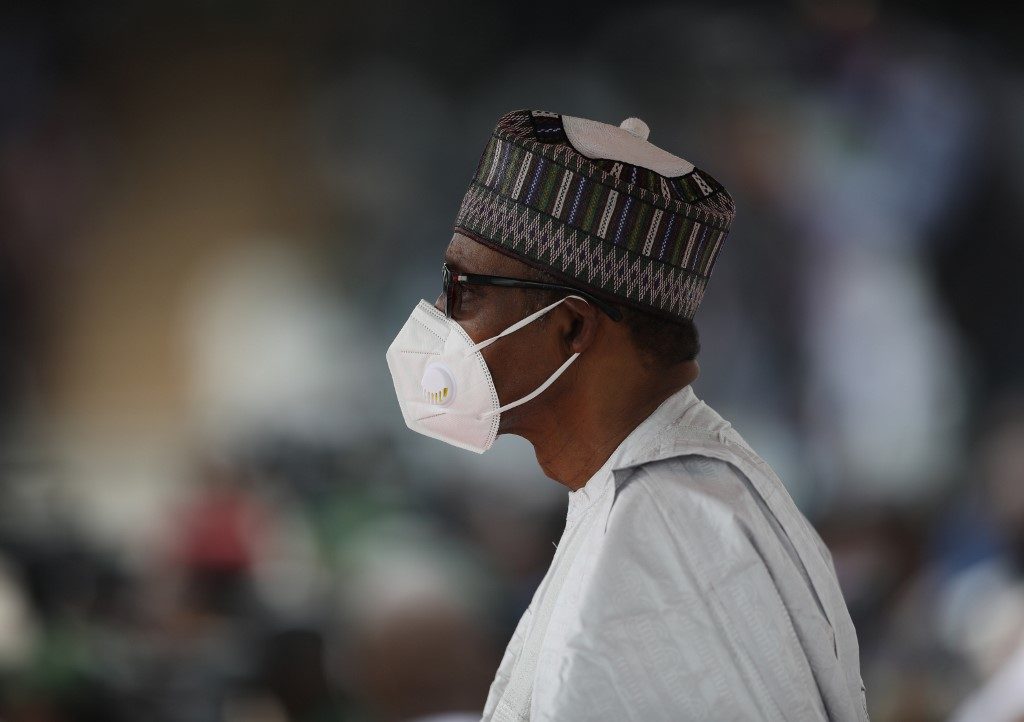SUMMARY
This is AI generated summarization, which may have errors. For context, always refer to the full article.

Oil-rich Nigeria, Africa’s biggest economy, slipped into recession for the 2nd time in 4 years, hit by both the coronavirus pandemic and falling oil prices, official figures revealed Saturday, November 21.
The 3rd quarter 2020 real GDP shrank for a second consecutive quarter by 3.62%, said the National Bureau of Statistics (NBS) said Saturday.
“Cumulative GDP for the first 9 months of 2020 therefore stood at -2.48%,” it added.
The agency blamed falling oil prices and the effects of the coronavirus epidemic.
GDP related to oil shrank by 13.89%, compared to 6.63% in the 2nd quarter, said the 3rd quarter report.
Non-oil GDP shrank 2.51% over the same period, compared to 6.05% in the 2nd quarter.
Already in the 2nd quarter, Nigeria’s economy contracted by 6%.
Nigeria’s economy was last in recession in 2016, its first in more than two decades. While it emerged in 2017, growth since then has been sluggish.
The International Monetary Fund has forecast a 5.4% drop in Nigeria’s GDP this year. The government has said the economy may shrink by as much as 8.9$.
Nigeria is Africa’s top oil producer, normally accounting for an average output of two million barrels per day. But the effects of the Covid-19 pandemic and low oil prices have cut production to around 1.4 million barrels. – Rappler.com
Add a comment
How does this make you feel?
There are no comments yet. Add your comment to start the conversation.